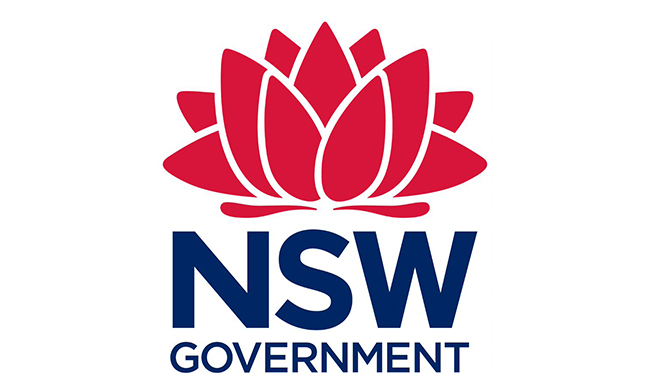Free Flu Vaccine for Priority Groups

All people over the age of 6 months should be vaccinated against influenza as soon as possible, but it is especially important for those at high risk of severe illness from the virus.
Influenza vaccines are recommended for children aged 6 months to under 5 years, people aged 65 and over, Aboriginal people aged 6 months and over, pregnant women, diabetes, cancer, immune disorders and other serious health conditions. Priority groups that include a person are free. Obesity, severe asthma, kidney, heart, lung or liver disease.
New South Wales Premier Chris Mins said vaccination is the best way to protect against the harmful effects of the flu.
“Flu is highly contagious and can be deadly for some people, so if you’re in one of these priority groups, get your free flu vaccine ASAP. .
New South Wales Health Minister Ryan Park said flu vaccines are available through GPs for all ages, as well as pharmacies for everyone over the age of five.
“When people book, they should ask their pharmacist or GP if they qualify for a free flu vaccine. With plenty of stock available statewide, now is the time to book your shot.” ‘ said Park.
New South Wales Chief Health Officer Dr Kelly Chant said it’s difficult to fully predict the impact of the upcoming flu season, but vaccination is a sure way to protect you. .
“People over the age of 65 or those at higher risk of severe illness are advised to get the 2023 COVID-19 vaccine booster, as both influenza and COVID-19 vaccines can be given at the same time. said Dr. Chant. .
All adults should have their last COVID-19 booster or more than 6 months since their confirmed infection (whichever is most recent) for additional protection against severe illness from COVID-19 can get the 2023 COVID-19 vaccine booster. Additional advice on COVID-19 booster vaccines can be found here.
We can all take the following steps to protect ourselves and our loved ones from COVID-19 and the flu.
- Stay up to date with recommended flu and COVID-19 vaccinations
- Stay home and get tested if you have cold or flu symptoms
- Wear a mask in crowded places indoors
- Gather outdoors or in a large, well-ventilated space with open doors and windows
- wash or sanitize hands frequently
- If you’re at high risk of becoming seriously ill from COVID-19 or the flu, talk to your doctor now, make a plan for what to do if you get sick (such as which tests to get), and be eligible for antiviral medications Discuss whether
- If you have cold or flu symptoms, or have tested positive for COVID-19 or the flu, do not visit anyone at high risk of becoming seriously ill.
- Get a rapid antigen test to test for COVID-19 before visiting a vulnerable loved one.
https://www.nsw.gov.au/free-flu-vaccine-for-priority-groups Free Flu Vaccine for Priority Groups



